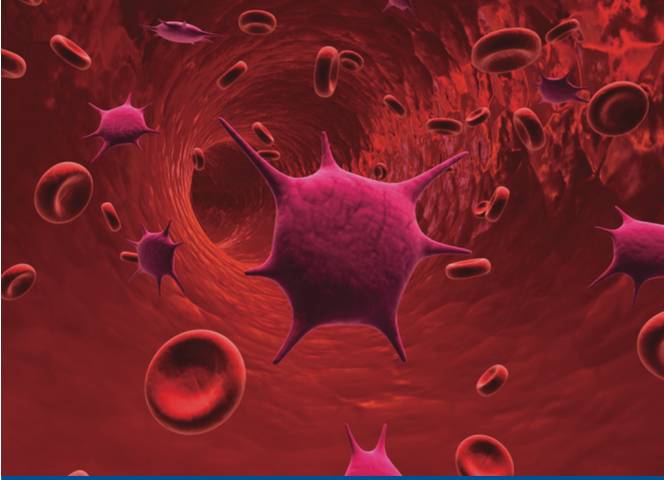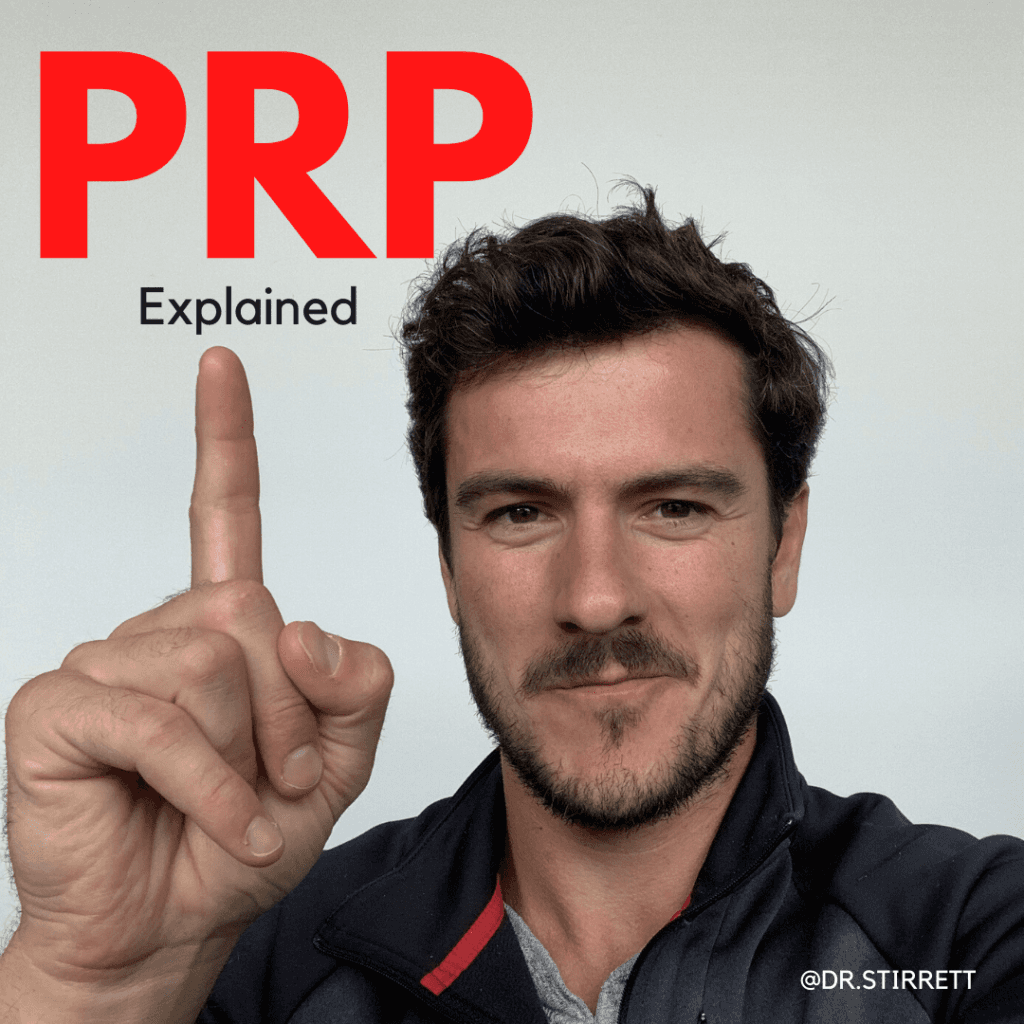I get excited when it comes to PRP. Really excited. PRP is special because it is successful at treating joint pain and helps restore the function and appearance of damaged tissues. There are a lot of options out there as far as regenerative medicine goes these days when it comes to orthopedics and aesthetics. But I have yet to use any substance I find more effective than PRP in clinical practice.
How does PRP work?
Platelet rich plasma or PRP is autologous. Which is a fancy way of saying it comes from your own body. A small blood sample is taken and placed into a centrifuge that isolates the platelets from the red blood cells. These platelets are concentrated 5-10x to that of normal blood. This is also where the growth factors and cytokines are located, which are necessary for healing any tissue. When PRP is injected into a damaged area, it will recruit your own stem cells to the area for amplified healing. I see this as the ultimate form of biohacking.
Is all PRP created equal?
Not at all. Unfortunately, many clinics out there do not have the equipment necessary to concentrate your PRP to the level that is needed for optimal healing. These clinics often use what is called a “single spin” method, which typically yields platelet poor plasma (PPP). Clinical results often are often not as robust with PPP.
The catch? They charge premium prices for not so premium PRP.
Always make sure that your doctor is using what is call the “double spin” isolation method. This is what is needed to generate PRP that is potent enough to actually stimulate an increased healing response in your body. Research shows PRP works best with a 4-10x platelet concentration. Be sure to ask your doctor if they know what PRP concentration they are using. If they don’t know…run!
Who can get PRP?
Almost anyone can get a PRP treatment. It is extremely safe because it comes from your own body. It may not be as effective in people who are taking blood thinners or are on steroids. And of course, we are going to avoid giving PRP to anyone with active cancer and blood disease/clotting conditions.
What types of conditions I treat with PRP at Bluewater Medical?

Looking for more research? Check out Dr. Tyna Moore’s website discussing different PubMed articles that are in favor of PRP and prolotherapy injections. Read up for yourself!
Stay tuned for more great regenerative medicine content!
